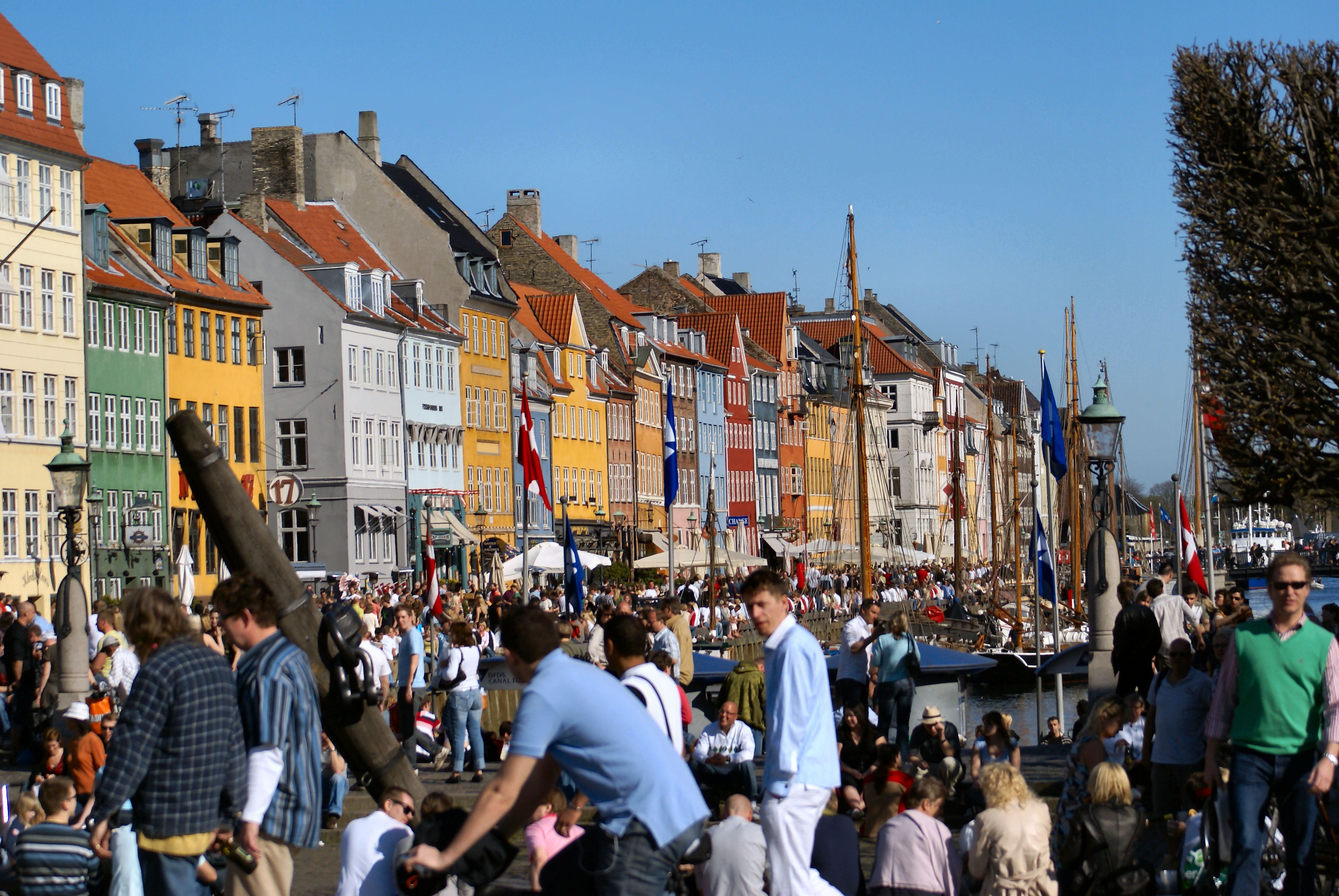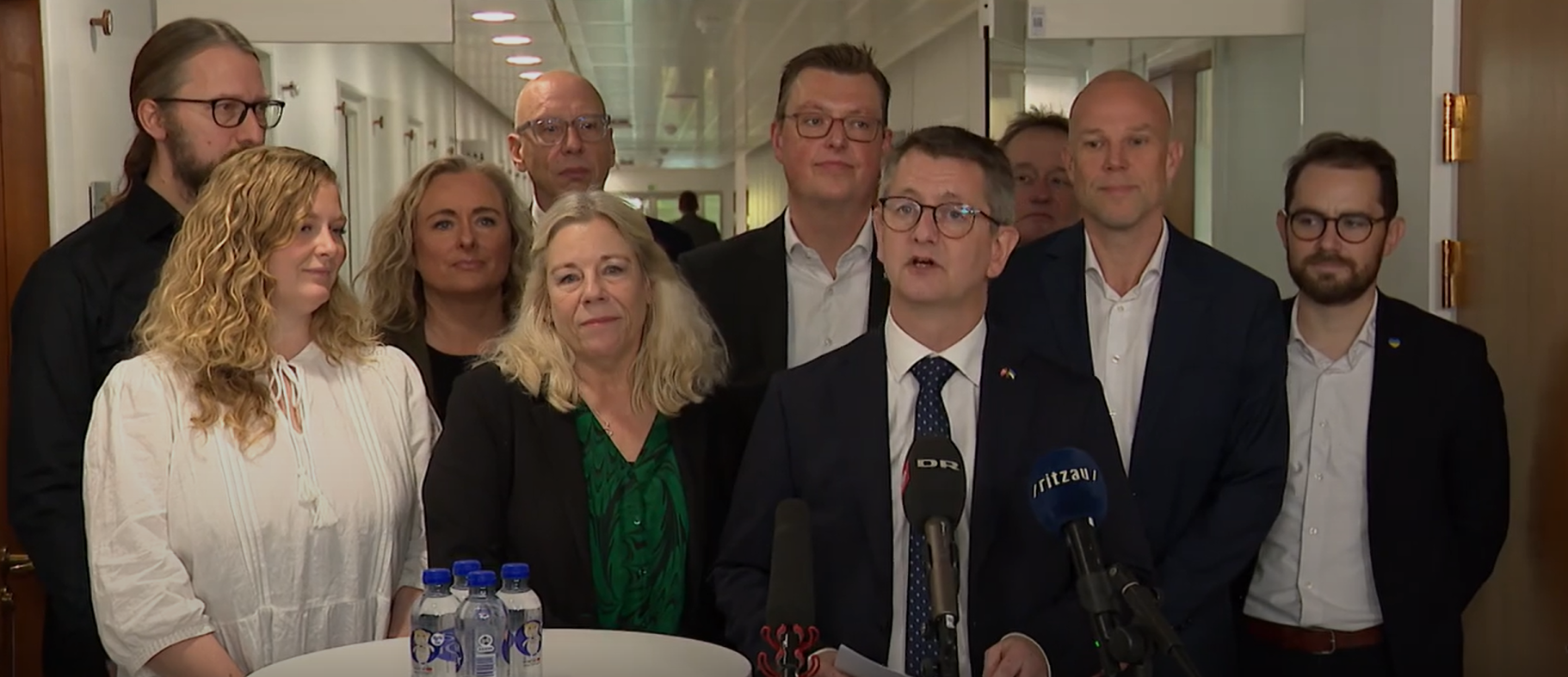Almost three out of every four Danes would give doctors permission to perform an autopsy on them to establish the cause of death, according to a survey by Wilke for Jyllands-Posten newspaper. However, the current autopsy rate in Denmark is only 4 percent because consent is rarely granted by the deceased's family members.
While the law demands consent for an autopsy, Danes do not have the possibility of registering their wishes anywhere and that is concerning, according to Jacob Birkler, the head of the ethical council Det Etiske Råd.
”The health law dictates that an informed consent must be present before doctors can perform an autopsy,” Birkler told Jyllands-Posten.
”But the authorities have not bothered to create the framework allowing the Danes to give this consent.”
READ MORE: Unexplained deaths on the increase in Denmark
Broad political support
Birkler said that a registry would have a huge effect on autopsy rates in Denmark. As it currently stands, it is the next of kin who is faced with making the decision moments after death, and this often results in a rejection.
There is also broad political support for a registry, with Venstre, Radikale, Konservative, Socialdemokraterne, Enhedslisten, Dansk Folkeparti and Socialistisk Folkeparti all backing the idea.
”We must be able to register our wishes and beliefs in the same way we can with organ donation, and this issues is definitely something we will be looking at,” Liselott Blixt, the DF spokesperson on health issues, said.
Earlier this year it was revealed that unexplained deaths are on the rise in Denmark. While three out of four deaths from unknown causes occur in the over-75 age bracket, there were 122 deaths from unknown causes in the under-50 age bracket in 2012.











